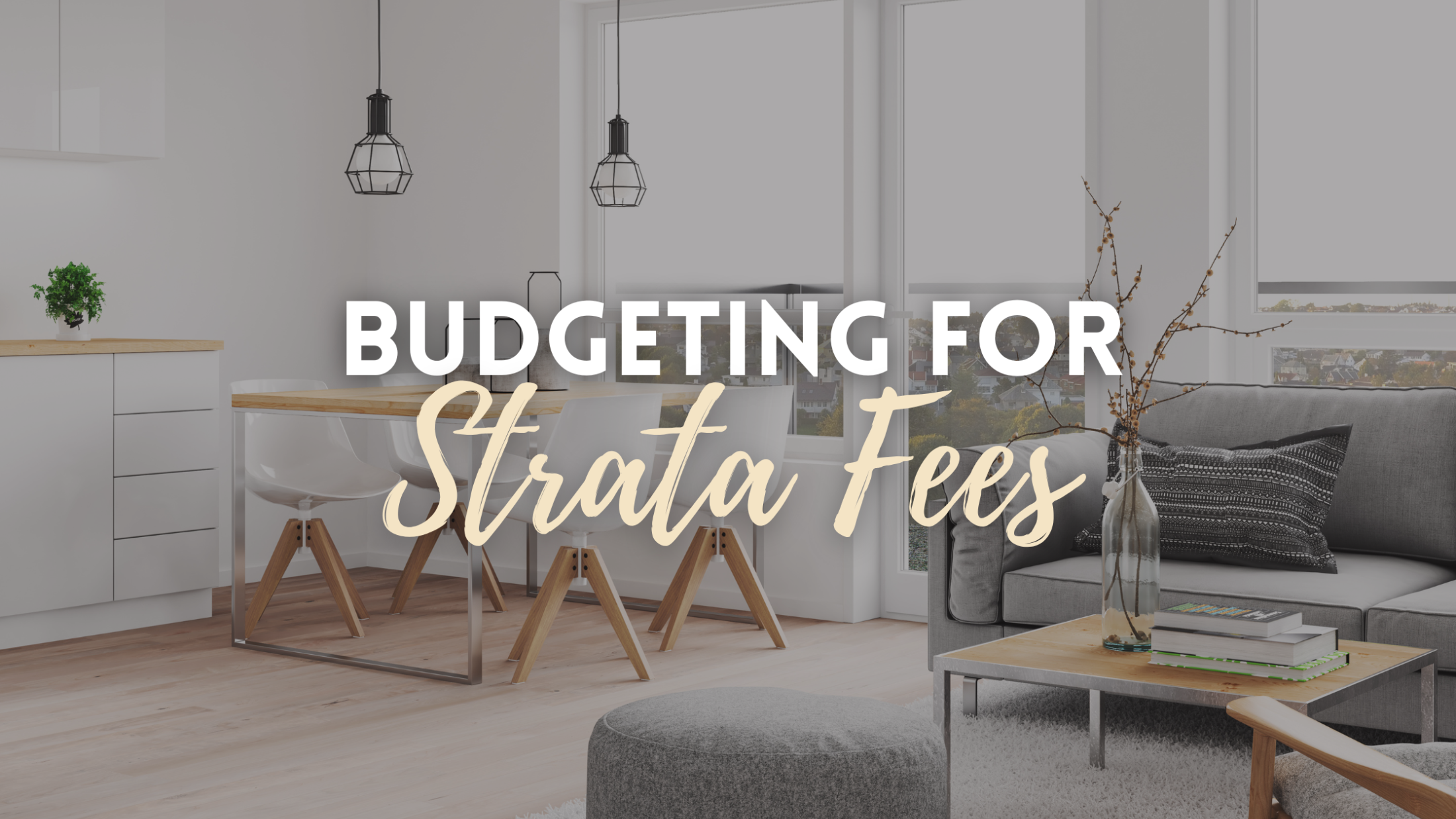Buying a strata property can be an exciting step towards homeownership. However, it's crucial to remember that along with your mortgage payment, property taxes, and utilities, you'll also have monthly strata fees. These fees cover a range of expenses related to the upkeep and maintenance of the building and common areas. Failing to factor in these fees can significantly impact your monthly budget and potentially strain your finances.
What are Strata Fees and What Do They Cover?
Strata fees are a recurring monthly charge levied on each strata lot owner within a strata corporation. These fees contribute towards various expenses, including:
Building maintenance: This includes routine maintenance tasks such as landscaping, cleaning common areas, and repairs to the building structure.
Insurance: Strata fees often cover building insurance, which protects the building and common areas from damage or loss.
Amenities: If your building has amenities like a gym, pool, or party room, the fees will contribute to their maintenance and upkeep.
Reserve fund contributions: A portion of your strata fees goes towards a reserve fund, which is used for major repairs and replacements, such as roof replacements or elevator upgrades.
Property management: If your building has a property manager, their salary and administrative costs are typically covered by strata fees.
Why are Strata Fees Important for Your Budget?
Strata fees can vary significantly depending on the size of the building, the age of the building, the amenities offered, and the quality of building management. It's essential to consider these fees as a non-negotiable part of your monthly housing costs.
Here's a simple breakdown of how to factor strata fees into your budget:
Estimate your monthly mortgage payment: Use an online mortgage calculator to determine your estimated monthly mortgage payment based on the purchase price, interest rate, and loan term.
Calculate property taxes: Research property tax rates in the area and estimate your annual property taxes. Divide this by 12 to get your monthly property tax payment.
Estimate utilities: Consider your estimated monthly costs for electricity, gas, water, and internet.
Factor in strata fees: Obtain a copy of the strata corporation's financial statements to get an accurate estimate of the monthly strata fees.
Create a monthly budget: Add up your estimated mortgage payment, property taxes, utilities, and strata fees to determine your total monthly housing costs.
Factor in other expenses: Don't forget to include other essential living expenses such as groceries, transportation, and entertainment in your overall budget.
Tips for Budgeting Effectively:
Review your strata corporation's financial statements: This will give you a better understanding of how your strata fees are being used and whether there are any upcoming major expenses.
Consider the long-term implications: Keep in mind that strata fees can increase over time due to factors such as inflation and the need for major repairs.
Build an emergency fund: Having an emergency fund can help you cover unexpected expenses related to your strata property, such as special assessments or unexpected repairs.
By carefully considering strata fees and incorporating them into your monthly budget, you can make an informed decision about whether strata living is the right choice for you and ensure that you can comfortably afford your housing costs.
Ready to start your condo search? Contact me today for a personalized consultation and let's find the perfect home for you.
Jacqueline Ross
REALTOR®
Coldwell Banker Oceanside
250.415.5656
YourVanIsleHome.com
Instagram | Facebook
Get the newsletter!

